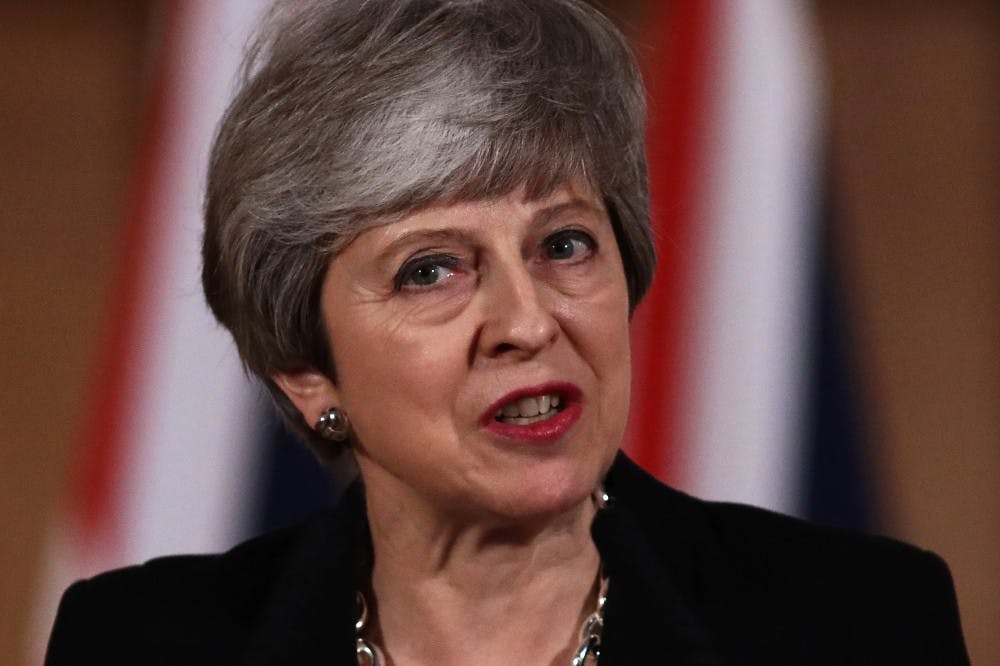Brexit, the term for the “British Exit,” refers to the U.K.’s decision to leave the European Union (EU) that was voted on June 23, 2016. Theresa May, prime minister of the U.K., has requested a delay for Brexit until June 30. The Brexit was scheduled to happen April 12 but could still happen earlier if a deal is ratified. Safia Swimelar, associate professor of political science and policy studies, discusses the implications of the U.K.’s decision to leave the EU.

Q: How would Brexit affect Elon University students who live in the U.K.?
A: Since Brexit is only about the relationship between Britain and the European Union in terms of citizenship, residency, etc., it would not affect any Elon student directly in terms of their ability to study, live, work there since they would be there on a particular legal status connected to being a U.S. citizen. If an Elon student who lives there is not a U.S. citizen but is there due to his/her EU citizenship, then they may face some issues with residency. However, this is still at the moment being negotiated.
Q: Do you see conflict between Northern Ireland (U.K.) and the Republic of Ireland reigniting as a result of Brexit due to border closing tensions?
A: This is one of the most important parts of the entire Brexit situation. The Irish are very keen to avoid a hard border at the border between Ireland, an EU member, and Northern Ireland, part of the U.K. and in the future not part of the EU. This would be the only land border between the U.K. and the EU.
The “troubles” in Northern Ireland were devastating in terms of loss of life and trust between the two sides, and the Good Friday Agreement of 1998 and the role of the European Union in the peace process and EU rules themselves about open borders, a single market, etc., have all served to keep the peace there and to show that the people living on either side of this border, that they have much in common and that they are not so physically and psychologically divided.
If there is a hard border with checkpoints and armed border guards, there is a legitimate fear about how this will translate into relations between everyday people because a border would be both a practical problem for goods getting through but also a symbolic barrier to people who have become used to a sense of freedom and connection between the two.
The issue with having guards/checkpoints and needing surveillance, security cameras, etc. is that there are still potential violent nationalists who may see these as potential “targets” and they could use force against them. We really don’t know, of course, what will happen, and there has been a good amount of trust built between the two sides, but much of this was related to their common goals within the EU and the breakdown of the barriers.
Q: What does Brexit mean for people going abroad from Elon to the U.K.?
A: It is really hard to answer what will Brexit mean for anything since in almost three years, the Parliament has not officially agreed on anything. What this could mean for people going abroad from here are a few things:
1. With an American passport, with Britain out of the EU, American students would still travel to the U.K. and the EU the same way and not have to apply in advance for a tourist visa like now. The U.S. and U.K. negotiated in 2018 an “open skies” agreement, which would allow for continued transatlantic travel.
2. Problems may arise for students who want to take cheap European budget airlines from the U.K. to the EU, but this all depends on what is negotiated. I think all sides will be working hard to make the transition smooth. This all depends on if there is a “no-deal” Brexit or whether they can actually figure out a deal where new contracts are negotiated between these budget airlines flying between U.K. and EU.
In short, I don’t really see any real effects on Americans at the moment, but this all depends on what is negotiated.


